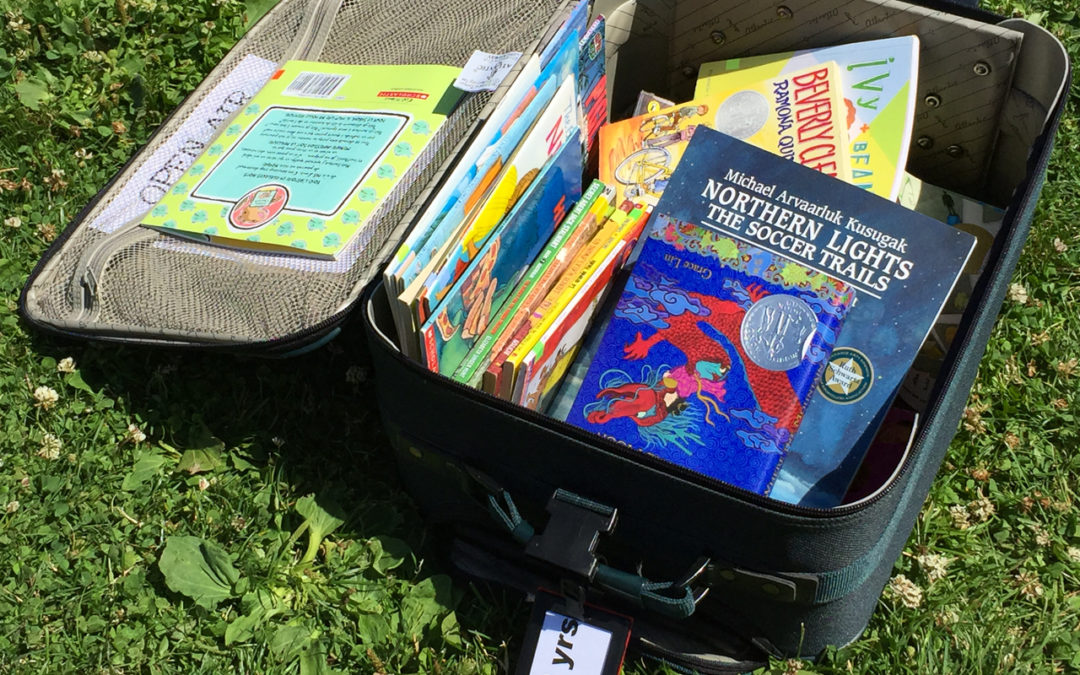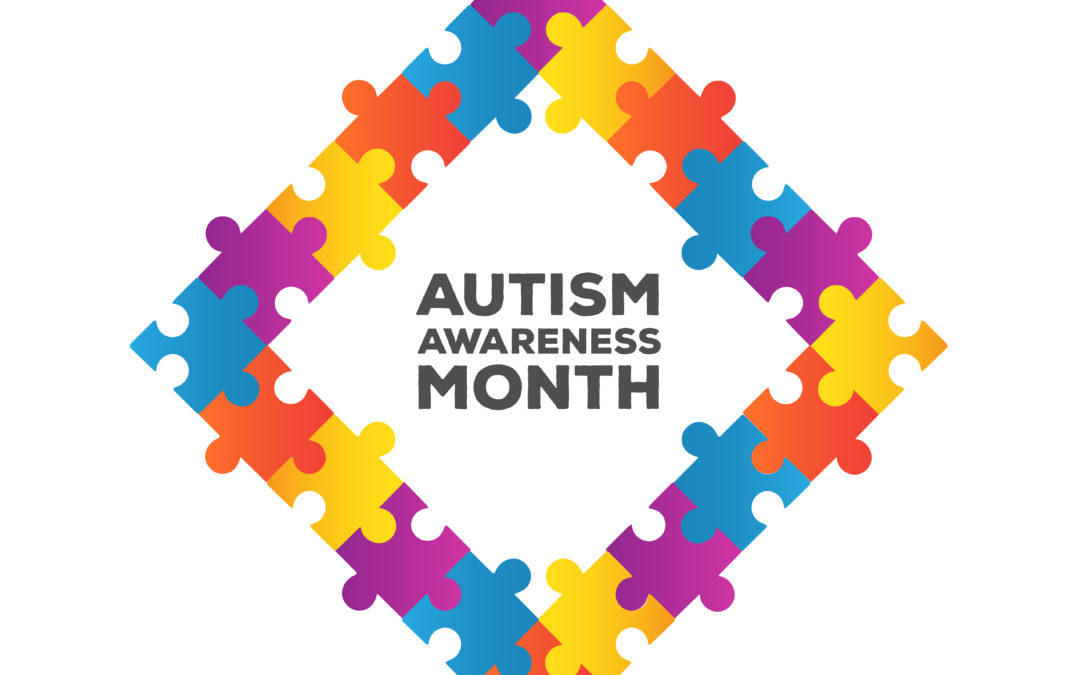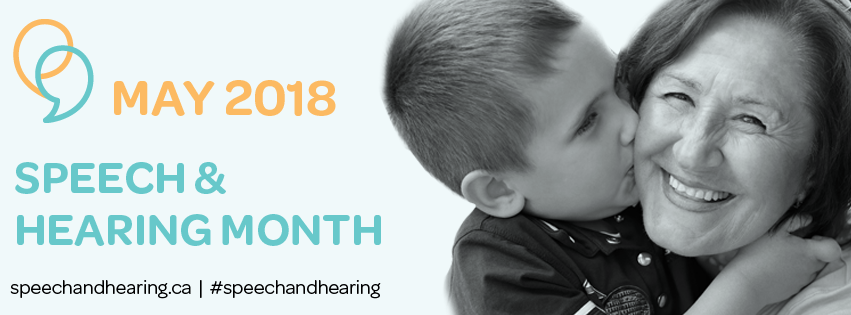
The Reading Wars
Literacy education in America has long been been divided between proponents of phonics, where children learn to read by sounding out each part of a new word and distinguishing between different phonemes, and those of the ‘whole language’ method, where children are encouraged to focus on the meanings of words and understanding them in context.

Indispensible Automaticity: How Reading Frees the Mind to Learn
Automaticity is that ability to do things without having to think about them at a conscious level. When we do something automatically, the mind isn’t occupied with the small details of the task.

Applied Neuroscience: Moving from the Laboratory to the Classroom
Dr. Steven L. Miller, an award-winning neuropsychologist with expertise in the assessment and treatment of developmental language and reading impairments, will be the keynote speaker at the Speech and Hearing BC annual conference, on Friday October 19, from 8:30 to 10...

Open Air Library 2018
I had the opportunity to assist at the Saanich Peninsula Literacy Open-Air Library at Iroquois Park in Sidney today. I encourage you to drop by any of their other upcoming events this summer. It's free and you can select from a wide range of reading materials for all...

UW Study Shows How Quickly Kids’ Brains Change As They’re Learning To Read
Scientists have been trying to tease out what happens in the brain when a kid is learning something new. At the University of Washington, researchers have just published their findings on what happens to children with dyslexia when they get intensive help with reading.

Autism and Brain Plasticity: 2018 Research
Scientists are deep in the trenches discovering the factors involved in developing autism and how to effectively “retrain” the brain through intensive interventions.

Five Ways to Help Struggling Readers Build Reading Fluency
With May being Speech & Hearing Month, I found this article concise and insightful on how to help with fluency in struggling readers. Reading fluency is the ability to read with sufficient ease, accuracy, and expression, providing a bridge between word recognition and...

May Is Speech & Hearing Month #speechandhearing
Did you know that reading is associated with speech and hearing? While dyslexia is not life threatening, it can be life destroying. As these statistics show, language impairment can have devastating effects. If you know anyone who struggles with reading or who would...
Council of Administrators of Special Education Extends Endorsement of Fast ForWord Program
I'm delighted to hear that the Fast ForWord® program from Scientific Learning Corp. has received an official re-endorsement from the Council of Administrators of Special Education (CASE), an international professional organization and affiliate of the Council for...
Summer Reading Camp
Now is the time to consider getting ready for fall with a summer reading camp. Using current neuroscience-based programs and working at your own pace and convenience, get a jump start on the next school year and improve your reading and English language skills. Having...
This article was originally written and published on the Scientific Learning Website.
Access Speech-Language Services
Licensed in British Columbia
E-mail: mmlewisaccess@gmail.com
Telephone: (250) 889-1343
Any unresolved concerns about a registrant’s practice may be reported to:
College of Speech and Hearing Health Professionals of British Columbia
900 – 200 Granville Street
Vancouver, BC V6C 1S4
Phone: 604.742.6380
Toll-free: 1.888.742.6380
Email: enquiries@cshbc.ca



